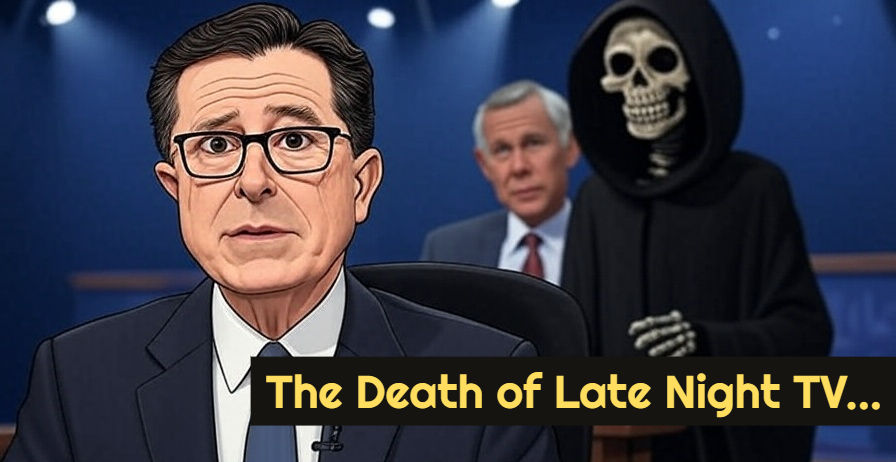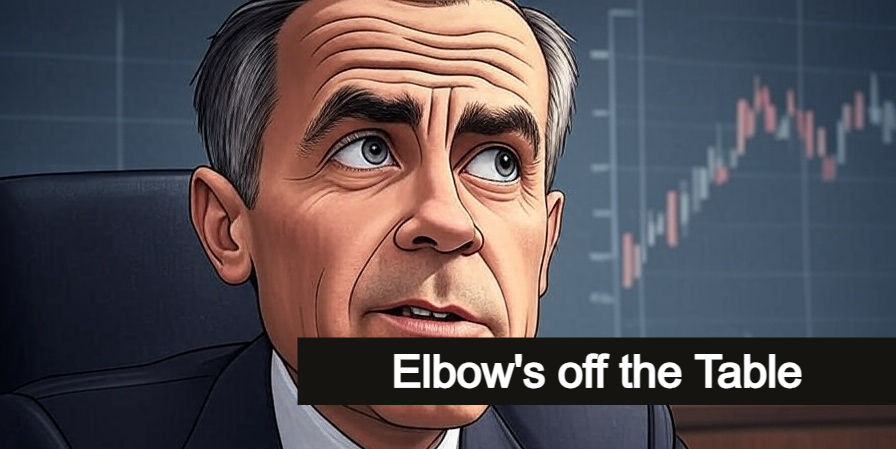The Politicization of Late-Night Television: How Ratings Declined as Shows Abandoned Their Traditional Role
- Zara Thompson

- Jul 18
- 4 min read

Let's get real about Stephen Colbert's cancellation. While everyone's screaming about political retaliation and Trump's influence, the actual story is sitting right there in the ratings data – and it's not pretty. The Late Show didn't die because of some shadowy political conspiracy. It died because late-night television stopped being fun and became a nightly lecture series that viewers simply stopped watching.
The Numbers Don't Lie: A Ratings Bloodbath
Here's the uncomfortable truth that nobody wants to talk about: late-night television is hemorrhaging viewers, and it started way before Trump's second term began. The Late Show with Stephen Colbert averaged 2.42 million viewers in the second quarter of 2025. That sounds decent until you realize that back in 2019, when Colbert was riding high on Trump-bashing, he was pulling nearly 4 million viewers nightly. That's a 40% drop in six years.
But it gets worse. Jimmy Fallon's Tonight Show managed just 1.19 million viewers in the same period. Remember when Fallon was the king of viral videos and appointment television? Those days are long gone. Even Jimmy Kimmel, sitting at 1.77 million viewers, is a shadow of late-night's former glory days.
The real kicker? Industry-wide advertising revenue for late-night programming plummeted from $439 million in 2018 to just $220 million in 2024. That's a 50% nosedive in six years. You don't need to be a media executive to understand that those numbers spell doom for any television format, regardless of political content.
When Comedy Became Activism
Here's what actually killed late-night television: it stopped being an escape and became an extension of your Twitter feed. Johnny Carson built an empire by being the guy who helped America unwind after a long day. He told jokes about politicians from both sides, featured weird animal segments, and gave people a reason to smile before bed. Carson understood something that today's hosts forgot – people tune in to late-night TV to forget about their problems, not to be reminded of them.
Colbert, who was genuinely brilliant as a satirical character on Comedy Central, made the fatal mistake of becoming a political activist instead of an entertainer when he moved to CBS. Instead of the clever, nuanced comedy that made him famous, viewers got served the same predictable Trump jokes night after night. It became as formulaic as a fast-food menu: monologue bashing Republicans, softball interview with Democratic politician, rinse, repeat.
The problem wasn't that Colbert had political opinions – Carson had those too. The problem was that political commentary became the entire show. When your opening monologue is indistinguishable from a Rachel Maddow segment, you've lost the plot entirely.
The Streaming Generation Doesn't Want Your Lectures
Generation X and Millennials grew up with late-night television as comfort food. We remember when David Letterman's stupid pet tricks actually made us laugh, when Conan O'Brien's awkward humor felt fresh and spontaneous. But somewhere along the way, late-night hosts decided they were moral authorities instead of comedians, and younger viewers said "no thanks."
Why would a 25-year-old sit through a 10-minute political rant when they can watch actually funny content on TikTok or YouTube? Why endure another lecture about democracy when Netflix has thousands of hours of content that doesn't make you feel guilty for wanting to be entertained?
The data backs this up: streaming services consistently outperform traditional broadcast television now, and late-night clips on social media get a fraction of the views they used to. Even Colbert's most viral moments barely crack a few hundred thousand views online – numbers that would have been considered failures in the YouTube landscape of 2015.
The Business Reality CBS Won't Say Out Loud
CBS executives are playing politics with their explanation because admitting the truth would be too embarrassing. The Late Show costs around $75 million annually to produce, employs 200 people, and pulls in advertising revenue that's been declining for years. That's not sustainable math, regardless of who's in the White House.
The network already canceled The Late Late Show with James Corden in 2023 – also for financial reasons, not political ones. They replaced it with After Midnight, a cheaper production that also got canceled when its host decided to leave. This is a pattern of cost-cutting across the industry, not targeted political censorship.
NBC cut The Tonight Show from five nights to four and eliminated the house band from Seth Meyers' show. These are businesses making business decisions based on business realities. The entertainment industry is contracting, streaming is eating traditional TV's lunch, and expensive late-night productions are becoming impossible to justify.
The Format Is Fundamentally Broken
The traditional late-night format – monologue, celebrity interviews, musical guests – made sense in an era of limited media options. When you had three networks and people actually went to bed at reasonable hours, capturing that 11:35 PM audience was valuable. Now? That timeslot competes with infinite entertainment options, and the format feels as outdated as appointment television itself.
Younger viewers don't need late-night hosts to tell them about celebrity projects when they can follow those celebrities directly on Instagram. They don't need political commentary when they get it constantly through social media. And they definitely don't need someone lecturing them about current events when they're trying to unwind after work.
The audience that remains for late-night TV skews older and smaller every year. These aren't the demographics that command premium advertising rates, and they're not numerous enough to justify the enormous production costs.
The Real Tragedy: What We Lost
The saddest part of this whole situation isn't that Colbert got canceled – it's what late-night television could have been. Instead of evolving with changing media habits and audience preferences, these shows doubled down on political content that appealed to an ever-shrinking base of committed viewers.
We lost the late-night shows that used to bring people together instead of dividing them. We lost the comedy that helped us process weird news instead of being lectured about it. We lost the shared cultural moments that made these shows appointment television for multiple generations.
The cancellation of The Late Show isn't about politics – it's about a format that forgot its core mission and paid the price in ratings, revenue, and relevance. While everyone debates political motivations, the real story is written in declining viewership numbers and disappearing advertising dollars.
Late-night television didn't die because of political interference. It committed suicide by abandoning entertainment for activism, and viewers responded by finding their comedy elsewhere. That's not a conspiracy theory – that's just business.



Comments